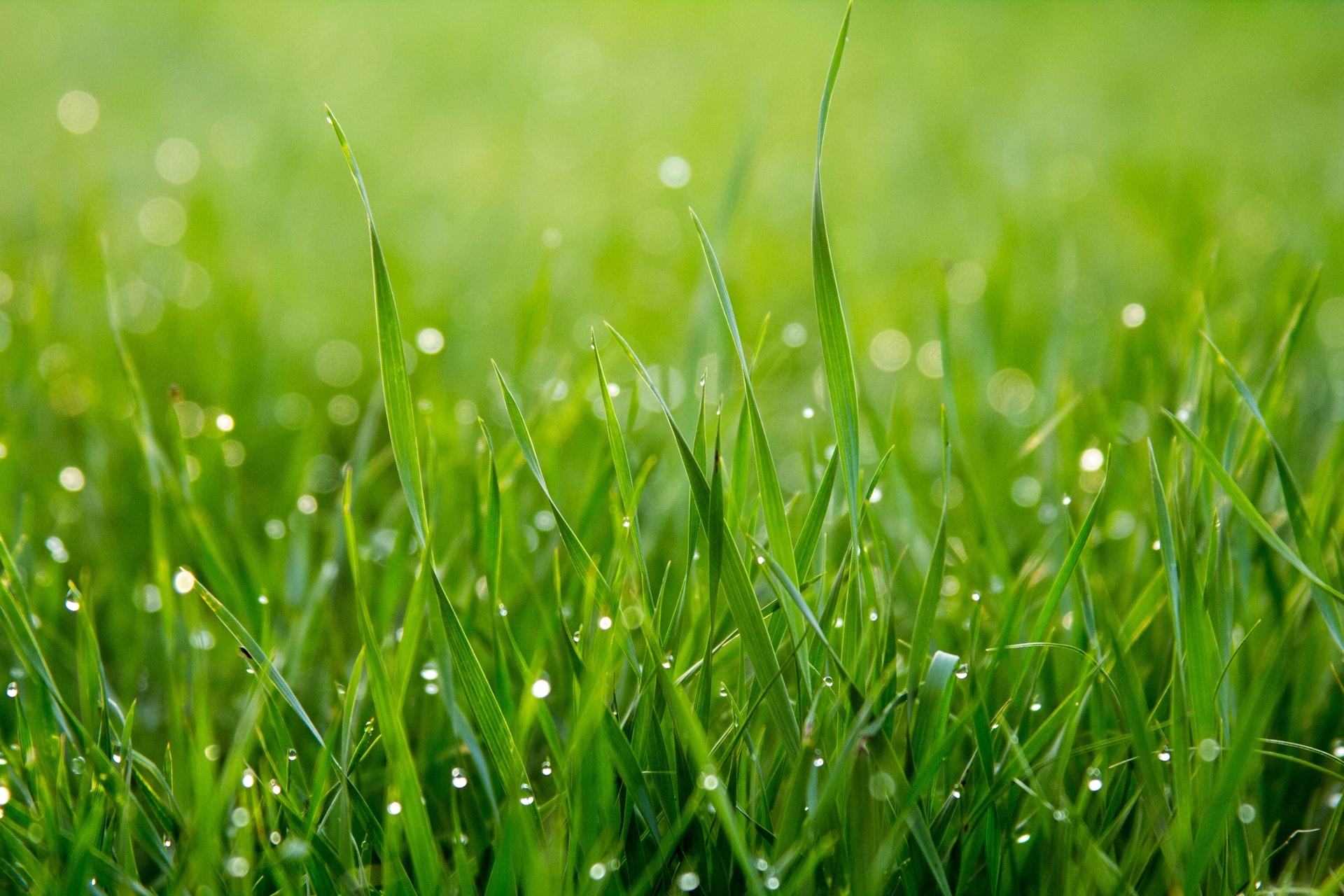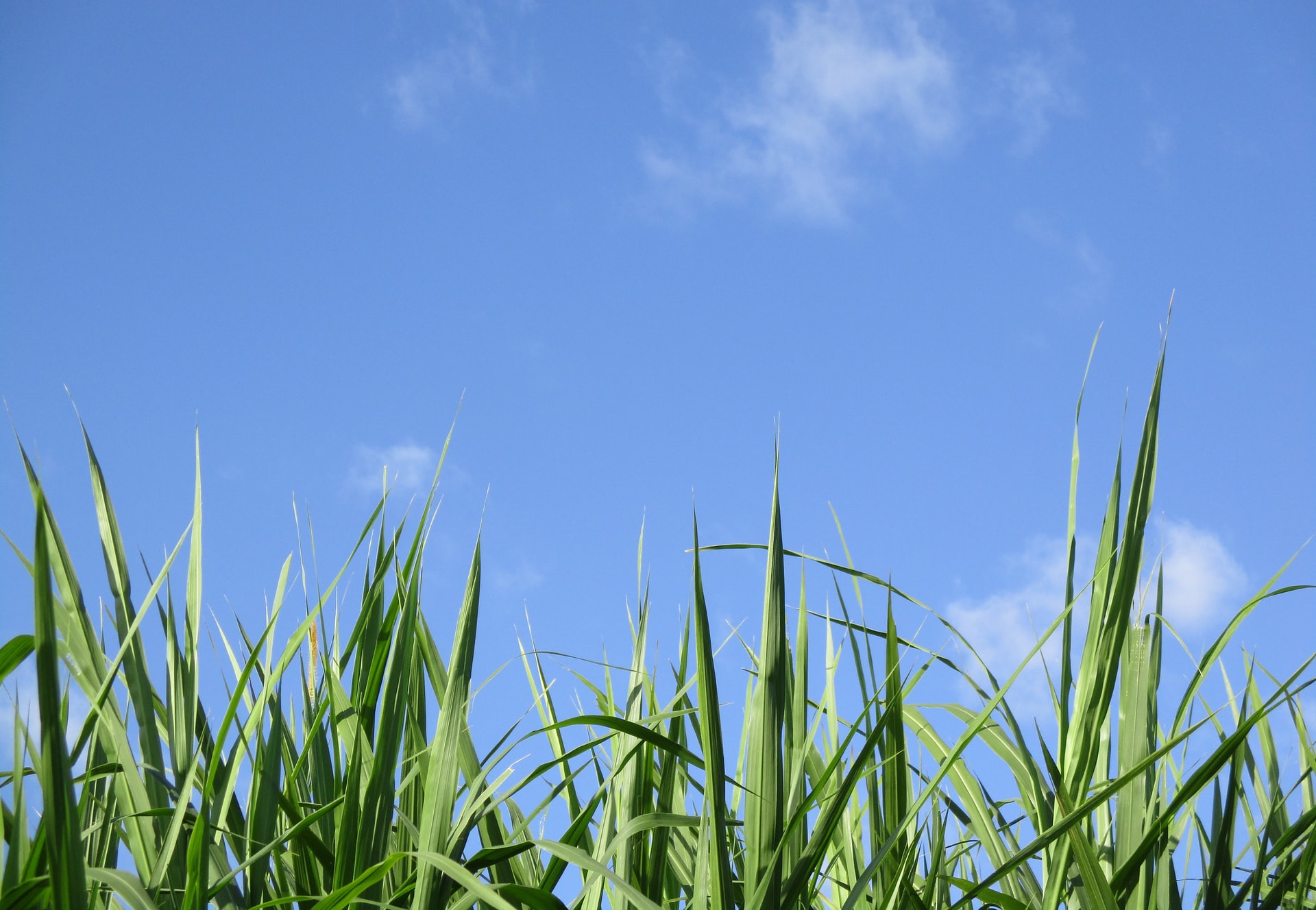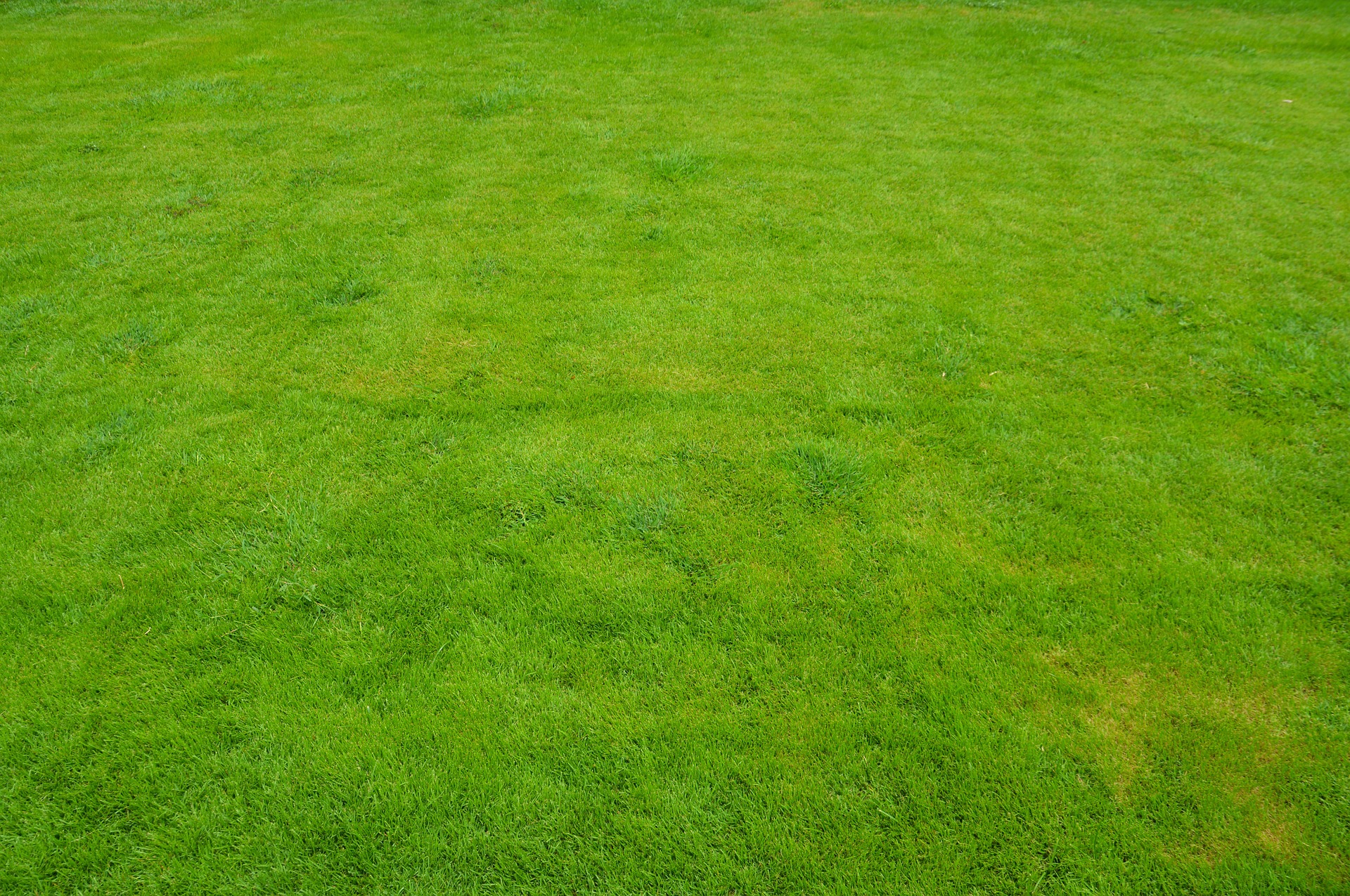If you’re looking for the best weed and feed products available on the market, then you must be sure to read this article. There are a lot of weed and feed products that claim to help your garden, but when it comes to choosing the best one, you need to be very careful. That’s because not all weed and feed products work well with certain types of gardens. This is why we’ve decided to compile a list of the main kinds of weeds and their best feeder so that you can choose the right one for your garden.
The first type of weeds is the annuals. They include a wide variety of different plants such as dandelions, crabgrass, fennel, and even daisies. To treat these types of weeds, you simply mix a soil-based fertilizer with a liquid feed formula. You will also need to aerate your lawn after applying the fertilizer so that it will feed properly.
 If you want to fertilize your garden with some natural nutrients, however, you should consider using some natural organic materials instead. For example, you can make your own compost with kitchen scraps and animal waste. Other organic materials that can be used to fertilize your lawn include grass clippings, manure from your animals, and even alfalfa. Using any of these things as fertilizers will definitely help your lawn to grow healthy and strong.
If you want to fertilize your garden with some natural nutrients, however, you should consider using some natural organic materials instead. For example, you can make your own compost with kitchen scraps and animal waste. Other organic materials that can be used to fertilize your lawn include grass clippings, manure from your animals, and even alfalfa. Using any of these things as fertilizers will definitely help your lawn to grow healthy and strong.
Best Weed And Feed For Bermuda Grass that grow back fast and show no sign of dying should also be included in your list of the best weed and feed formulas. For example, we include dandelions in our Best Weed and Feed formulas because they can easily spread throughout the landscape and kill other plants. Other examples of dandelions include fleas, crabgrass, thistle, and even clover. Other annuals that should also be included in your lawn care routine include mums and ryegrass. These annuals are known for their ability to repel pests and attract beneficial insects.
The next thing that you need to check when trying to figure out what kind of grass you have growing in your yard is what kind of soil you have. Different types of grass will require different amounts of fertilizer and nutrients. For example, Kentucky Bluegrass needs a high amount of nitrogen while Bermuda Grass only needs a little bit. There are also many weed and feed products that are made specifically for various kinds of grasses and different kinds of soils.
You should also make sure that you’re choosing the right weed and feed product. Some weed killers are more effective than others. If you don’t know what kind of weed killer you should use on a particular weed, it’s always wise to consult an expert or a professional before you use them. Similarly, you need to be careful when using weed control products that contain acids and chemicals. These can really damage your lawn and garden over time.
 It’s also smart to keep in mind that you shouldn’t feed your Bermuda grass every day. Feeding them once a week should be just fine. However, if you happen to notice that your lawns have been stripped bare after several days, then there might be a problem. By monitoring the growth patterns of your Bermuda grass through a video camera, you’ll be able to quickly identify whether or not the Bermuda grass is growing too fast.
It’s also smart to keep in mind that you shouldn’t feed your Bermuda grass every day. Feeding them once a week should be just fine. However, if you happen to notice that your lawns have been stripped bare after several days, then there might be a problem. By monitoring the growth patterns of your Bermuda grass through a video camera, you’ll be able to quickly identify whether or not the Bermuda grass is growing too fast.
Other things that need to be considered include how much time you plan on spending caring for your lawns. If you’re planning on starting a garden because you’re interested in doing something different with your lawns, then you should be more concerned about using weed and feed formulas that grow quickly. If you’re not sure what kind of weed control you need, consult a professional who can give you an assessment of your situation. By being informed, you’ll be able to find the right formula for your Bermuda grass, and you’ll save money by not buying commercial products that contain harsh chemicals that can harm your grass.


